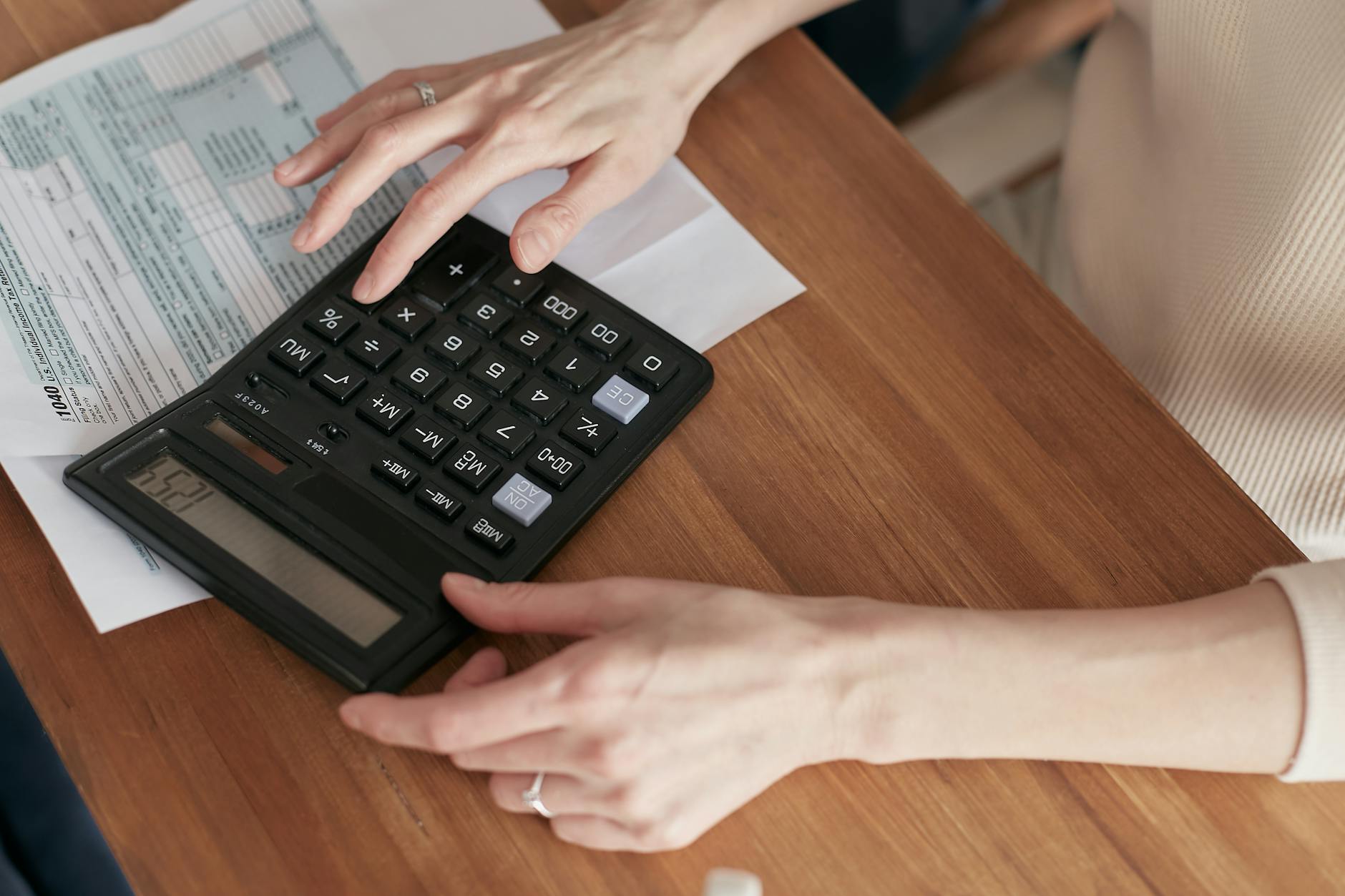Managing credit card debt can feel overwhelming. High interest rates and multiple payments can drain your finances and cause stress. Luckily, consolidating your credit card debt can simplify your payments and potentially improve your situation. The key is to do it wisely so you don’t harm your credit score in the process.
What is Debt Consolidation?
Debt consolidation involves merging various debts into one single loan or payment plan. This generally means paying off existing credit card balances with a new loan or credit. The goal? To reduce the number of payments you make, lower interest rates, and regain financial control. But beware—some methods can negatively impact your credit score if not handled properly.
Evaluate Your Debt Situation
Before jumping into consolidation, take a clear look at your financial situation.
- List Your Debts: Write down all your credit card debts, including balances, interest rates, and minimum monthly payments.
- Calculate Your Total Debt: Know exactly how much you owe so you can choose the best consolidation method.
- Check Your Credit Score: You’ll want to understand your credit score before proceeding. This will guide your options for consolidation.
Choose the Right Consolidation Method
Several options exist for consolidating credit card debt without hurting your credit score. Here are a few popular choices:
Balance Transfer Credit Cards
Using a balance transfer card can be an effective way to consolidate credit card debt. These cards often come with low or no introductory interest rates for a set period.
- How It Works: Transfer your existing credit card balances to the new card.
- Impact on Credit Score: While applying for a new card may temporarily lower your score, paying off high-interest cards can improve your credit utilization ratio, potentially boosting your score in the long run.
Personal Loans
Personal loans can help you consolidate your debt at lower interest rates than credit cards.
- Process: You take out a loan to pay off your credit cards, leaving you with just one monthly payment.
- Credit Score Impact: A personal loan impacts your score differently. As you pay it down, it can help improve your credit utilization ratio, leading to a potential boost in your credit score.
Home Equity Loans or HELOCs
If you have equity in your home, you might consider a home equity loan or a home equity line of credit (HELOC).
- Functionality: These loans use your home as collateral, allowing you access to lower interest rates.
- Be Cautious: Missing payments can put your home at risk, so make sure you're confident in your repayment plan.
Debt Management Plans
Working with a credit counseling service can help you create a debt management plan (DMP).
- What’s Involved: A counselor helps consolidate your payments into a single monthly sum, negotiating lower interest rates with creditors.
- Credit Implications: This option can have a smaller impact on your credit score than debt settlement but may still be noticeable.

Photo by Mikhail Nilov
Maintain Good Credit Habits
After consolidating your debt, good habits can help you keep your credit score healthy. Here’s what to do:
- Keep Old Accounts Open: Closing old credit cards can hurt your credit score by increasing your utilization ratio.
- Make Payments On Time: Late payments can quickly undo the positive effects of consolidation.
- Monitor Your Credit Report: Regularly checking your credit report helps you stay on top of your score and catch any errors.
Avoid Common Pitfalls
While debt consolidation can help, there are common mistakes to avoid:
- Ignoring the Root Cause: Consolidating won’t fix poor spending habits. Create a budget to manage your expenses better.
- Racking Up New Debt: After consolidating, don’t use credit cards again without a clear plan. This can lead to more debt.
- Not Seeking Help: If you’re feeling confused, don’t hesitate to seek help from a financial advisor or credit counselor.
Conclusion
Consolidating credit card debt can be a powerful tool to regain control over your finances. Choose the method that works best for your situation while keeping a close eye on your credit health. With careful planning and smart choices, you can successfully consolidate debt without harming your credit score. Your journey to financial freedom starts with understanding your options and sticking to good credit habits. Now, isn’t it time to take that first step?
